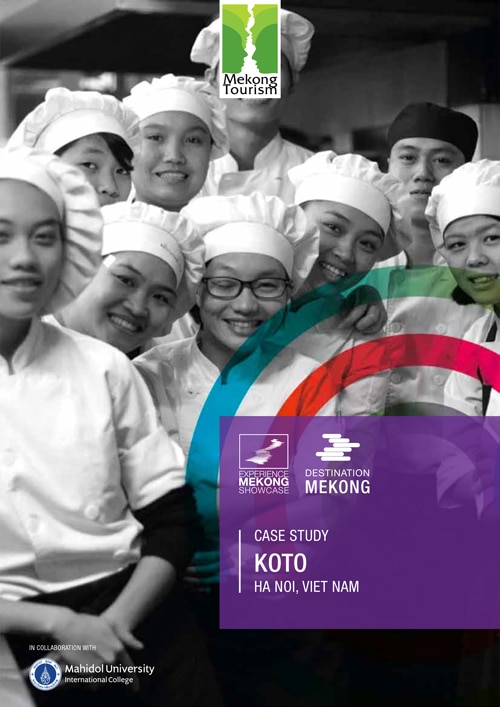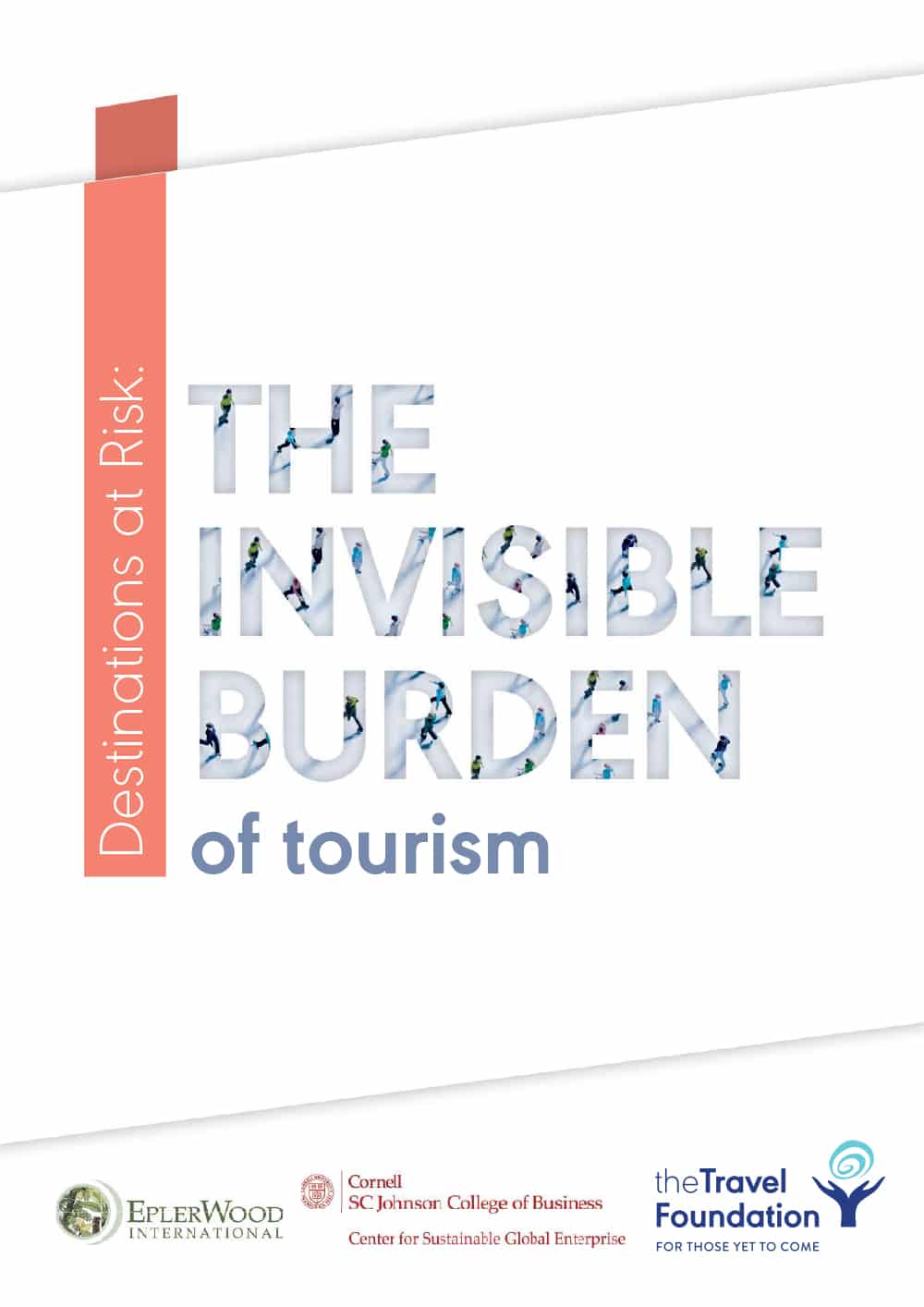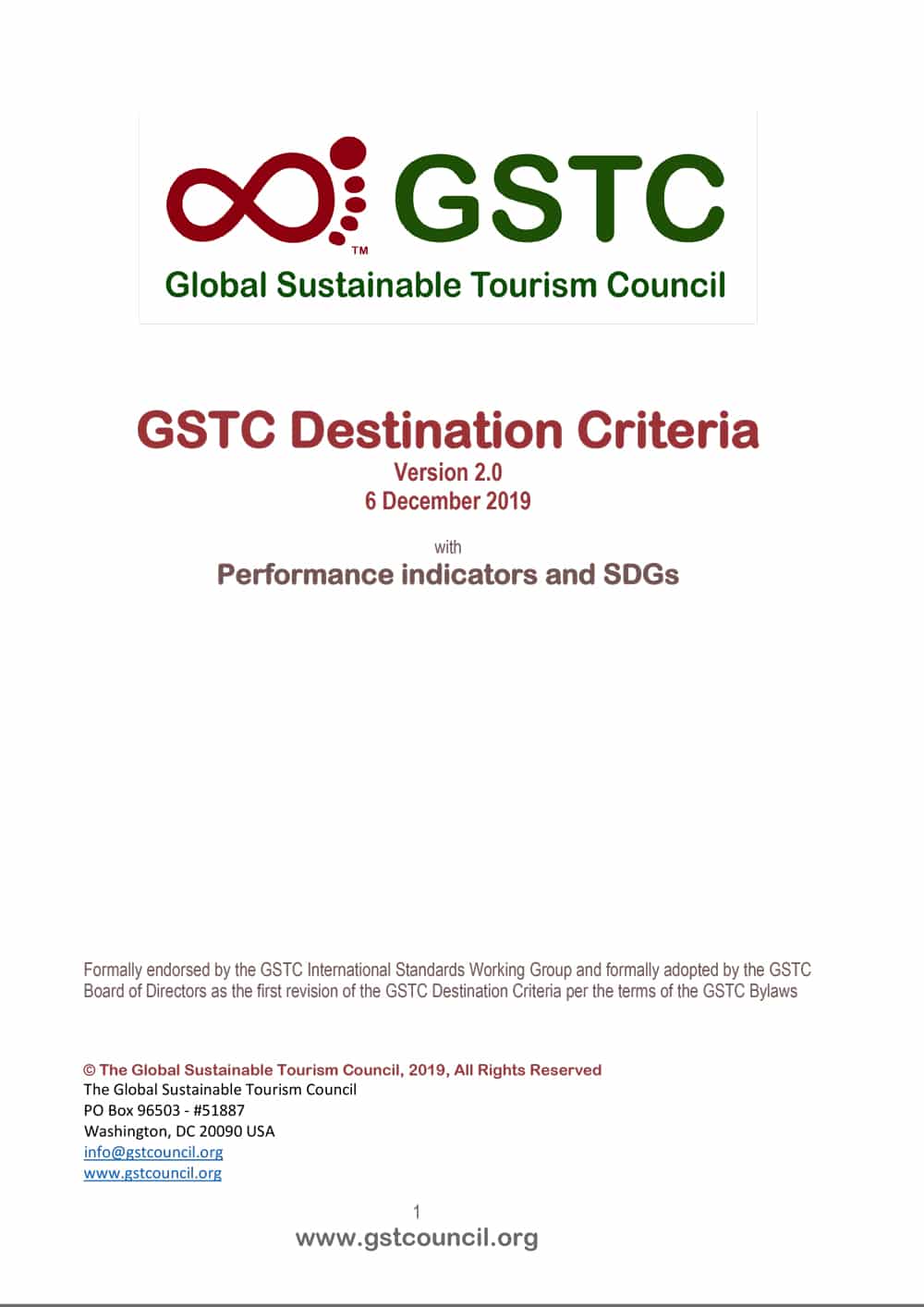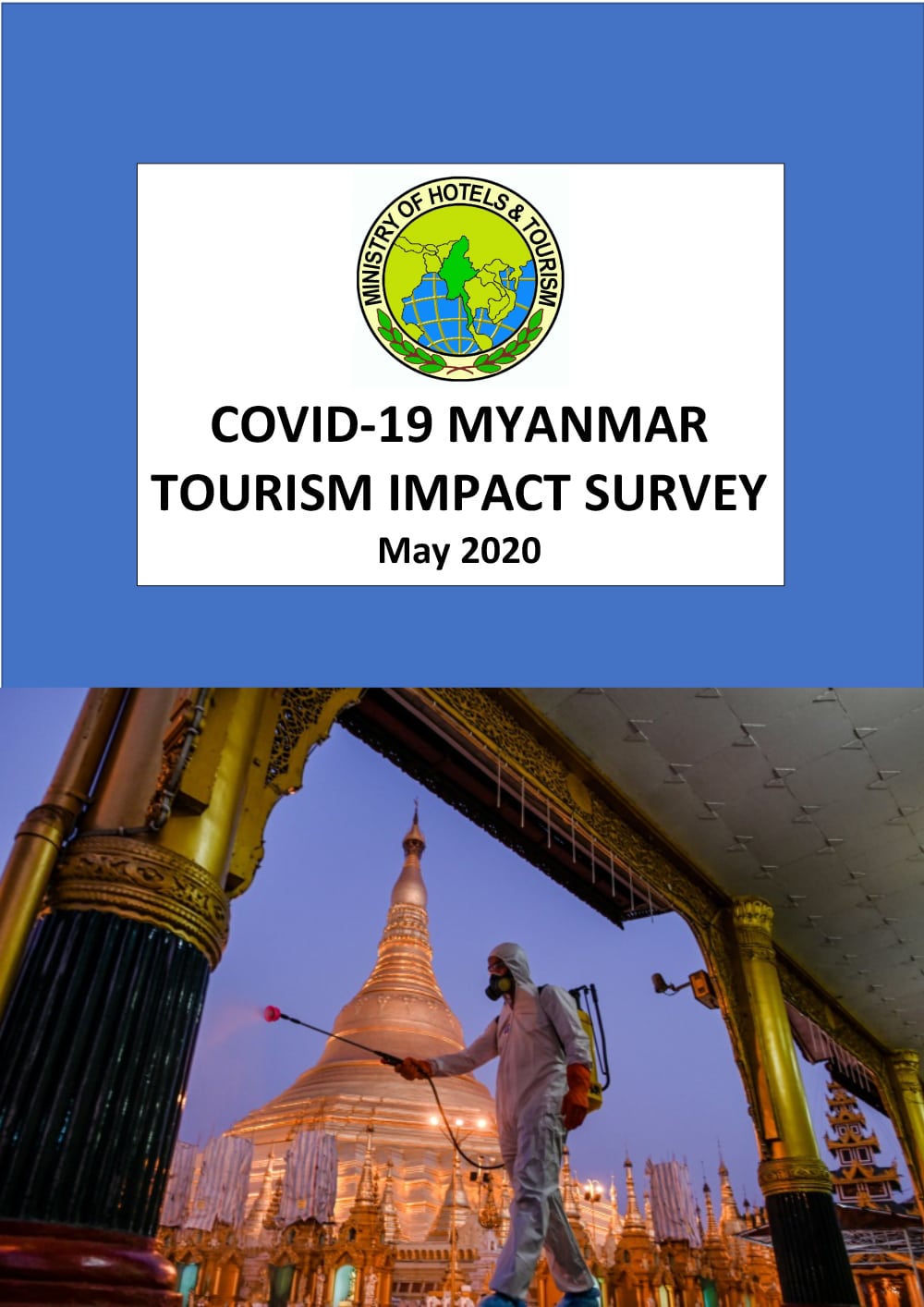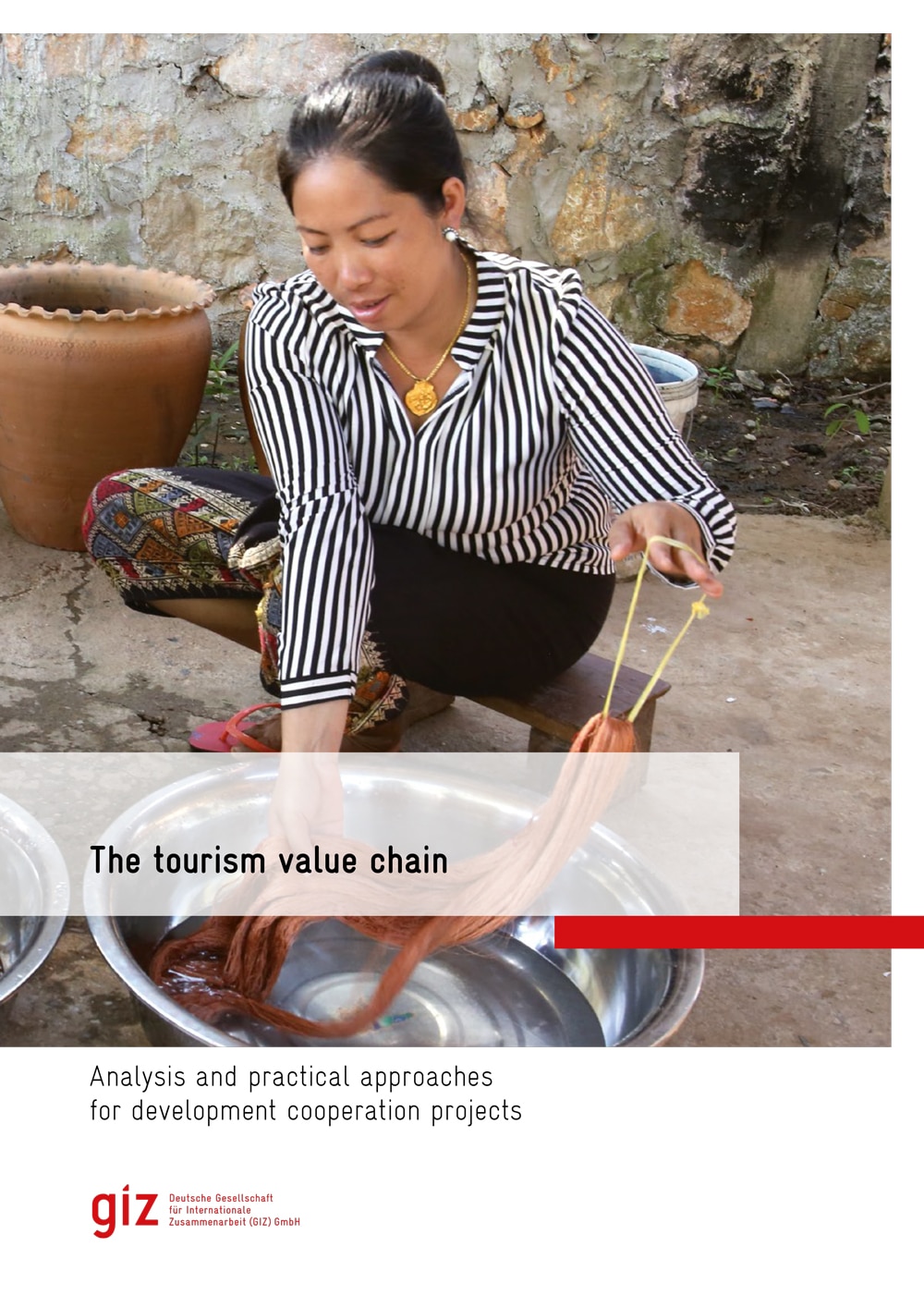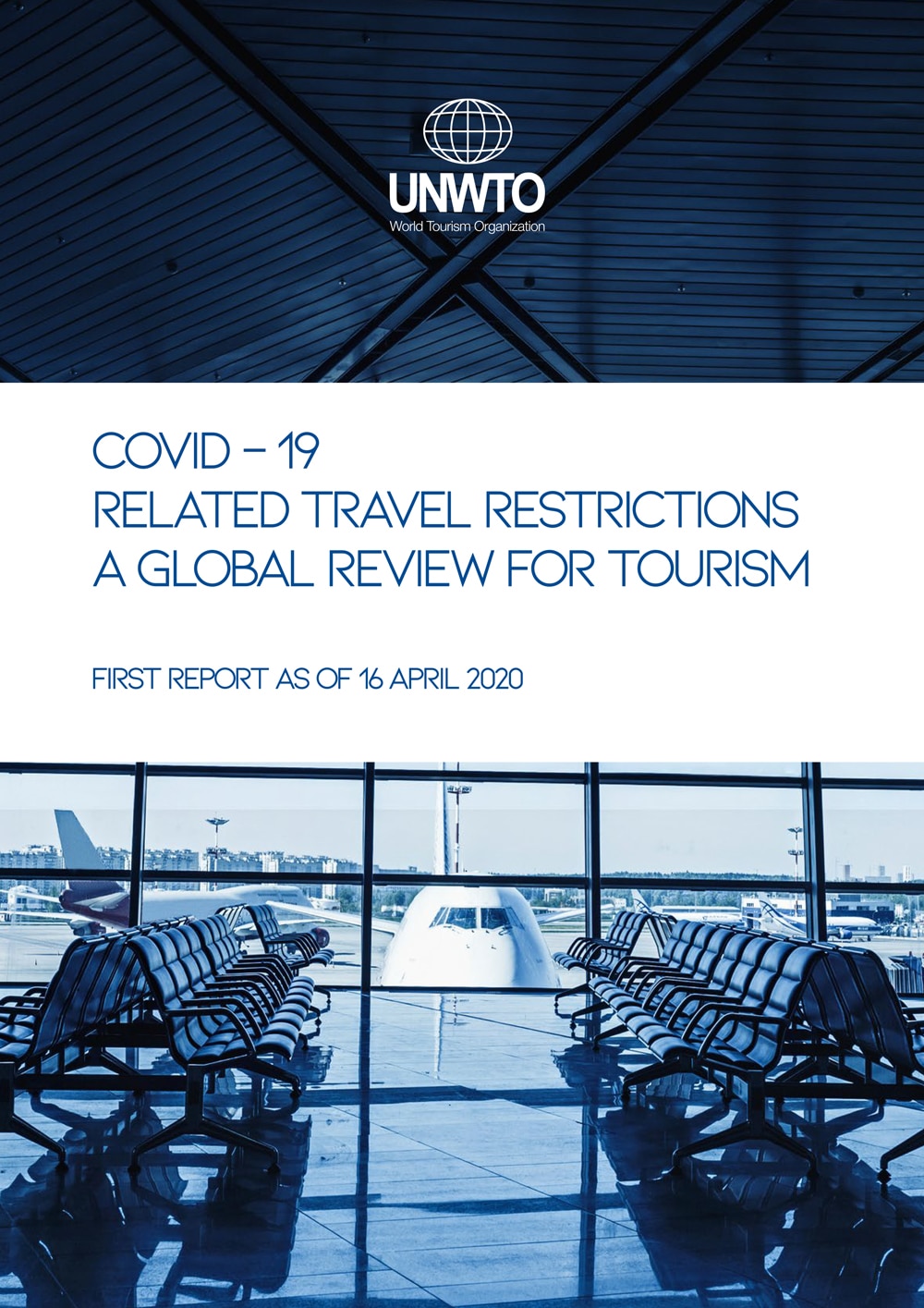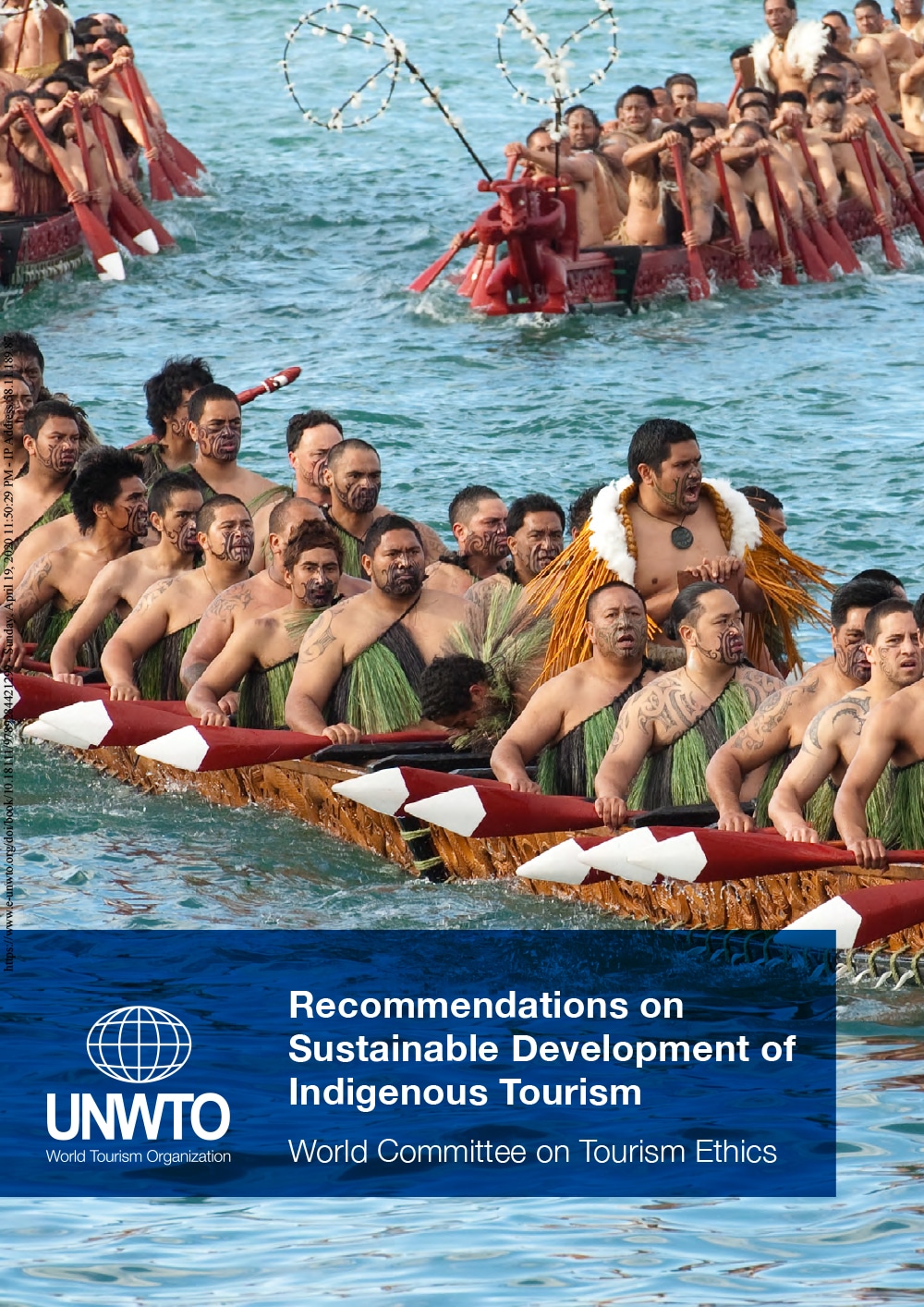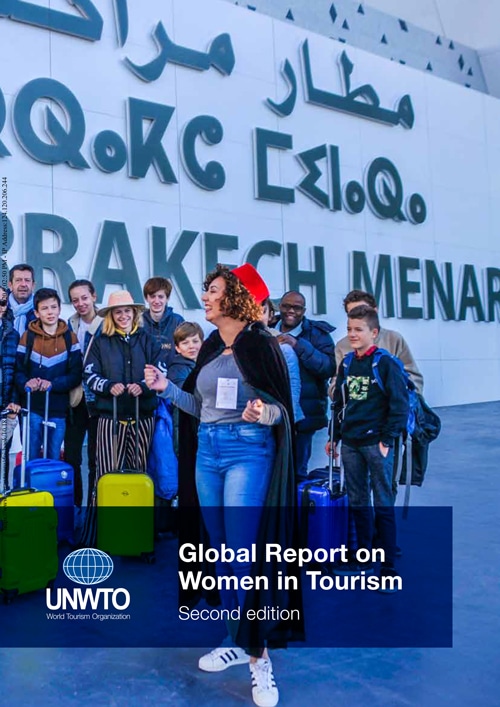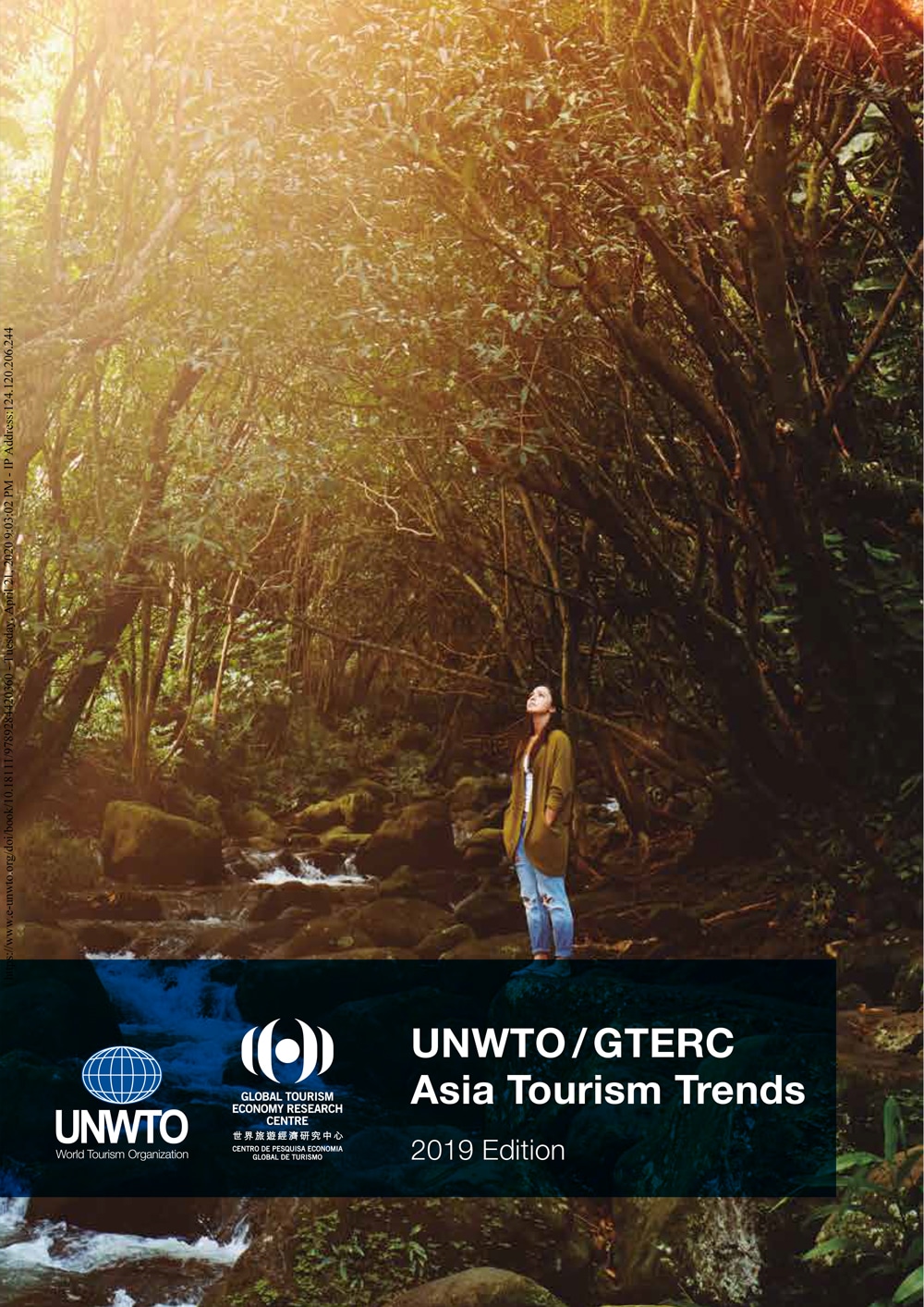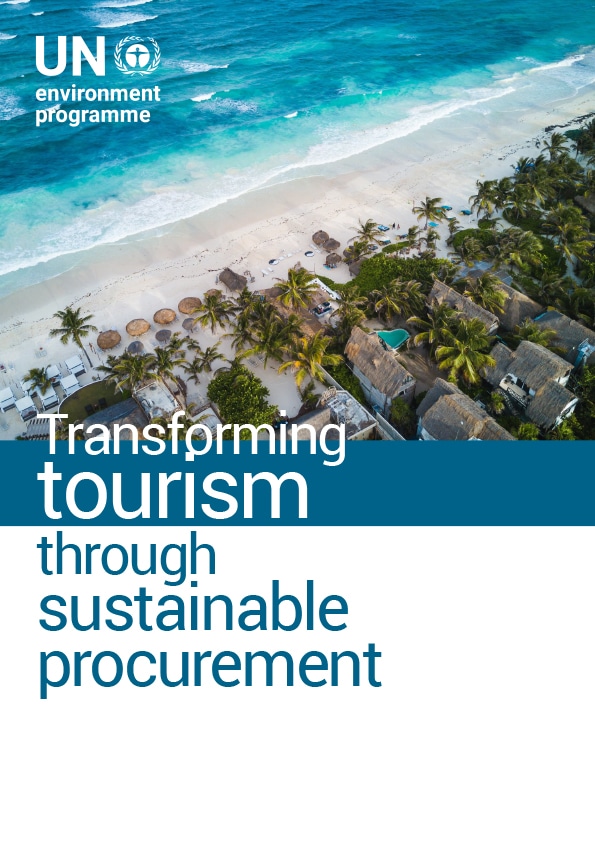KOTO is an internationally recognized and awardwinning
social enterprise in Vietnam which operates
as a training restaurant and a vocational training
centre. KOTO stands for “Know One, Teach One”,
a name that reflects strongly in their core belief,
values. KOTO operates two inter-connecting entities
which support each other through a well-designed
business model. The two parts comprise the KOTO
training center (the non-profit organization), and the
KOTO training restaurants (the social enterprise).
Destinations at Risk: The Invisible Burden of Tourism
The rapid growth of tourism in the 21st century is leading
to damage in destinations across the world that is largely
unreported and frequently not perceived by tourists, putting
destinations at risk without effective response.
GSTC Destination Criteria
The Global Sustainable Tourism Council (GSTC) Criteria were created to provide a common understanding of sustainable tourism. The GSTC Destinations Criteria – known informally also as “GSTC-D” — are the minimum that any tourism destination should aspire to reach. They are organized around four main themes: sustainable management; socio-economic impacts; cultural impacts; and environmental impacts. They have applicability to the entire tourism sector.
Continue readingCOVID-19 Myanmar Tourism Impact Survey
In light of the serious situation in Myanmar, the Ministry of Hotels and Tourism, with the support of Lux-Development, prepared a survey instrument to try to identify the key issues that micro, small and medium tourism businesses (MSMEs) are facing and to use this information in the months ahead to address some of the impacts.
Continue readingThe tourism value chain
Sustainable and responsible tourism can be used as a versatile instrument for sustainable development in international development cooperation. The approach presented in this hand book is based on the proactive design and management of tourism value chains in partner destinations.
Continue readingCOVID-19 Related Travel Restrictions a Global Review for Tourism
The overall purpose of this interim report is to provide information on the implementation of travel restrictions by governments as one of the means to address the global health crisis of COVID-19. It shall help to better understand the overall process, from the issuing of travel restrictions and their evolution over time to their date of lifting, including references to the different categories of applied restrictions among other details.
Continue readingRecommendations on Sustainable Development of Indigenous Tourism
Indigenous peoples are characterized by some of the richest, most unique and diverse cultural expressions of humankind which have developed over thousands of years across our planet and are spiritually linked to indigenous traditional lands. These expressions represent a clear pull factor for potential tourists who wish to experience indigenous natural and cultural heritage in physical, intellectual and emotional terms.
Continue readingGlobal Report on Women in Tourism
The aim of the Global Report on Women in Tourism – Second Edition, is to examine the key factors that contribute to gender equality in the tourism sector. It pinpoints challenges and identifies ways to mitigate inequality and harness tourism’s potential to advance gender equality and women’s
empowerment worldwide.
UNWTO/GTERC Asia Tourism Trends
In the 6th year of publication the UNWTO/GTERC Asia Tourism Trends, 2019 Edition comprises four specific chapters. As in the past editions, chapter 1 is dedicated to international tourism trends in Asia and the Pacific in their global and regional dimensions, with an overview the region’s socioeconomic environment.
Continue readingTransforming tourism through sustainable procurement
Globally, the tourism industry already accounts for an average of 9 per cent of nations’ gross domestic product (GDP), and its importance is bound to increase even more. The United Nations World Tourism Organization projects international tourist arrivals to increase from 1.1 billion in 2014 to 1.8 billion in 2030. For many developing countries tourism is a key pillar of national development contributing to growth, employment, investment as well as technology dissemination. In many small island developing states (SIDS), it accounts for up to 25 to 60% of national GDP.
Continue reading
